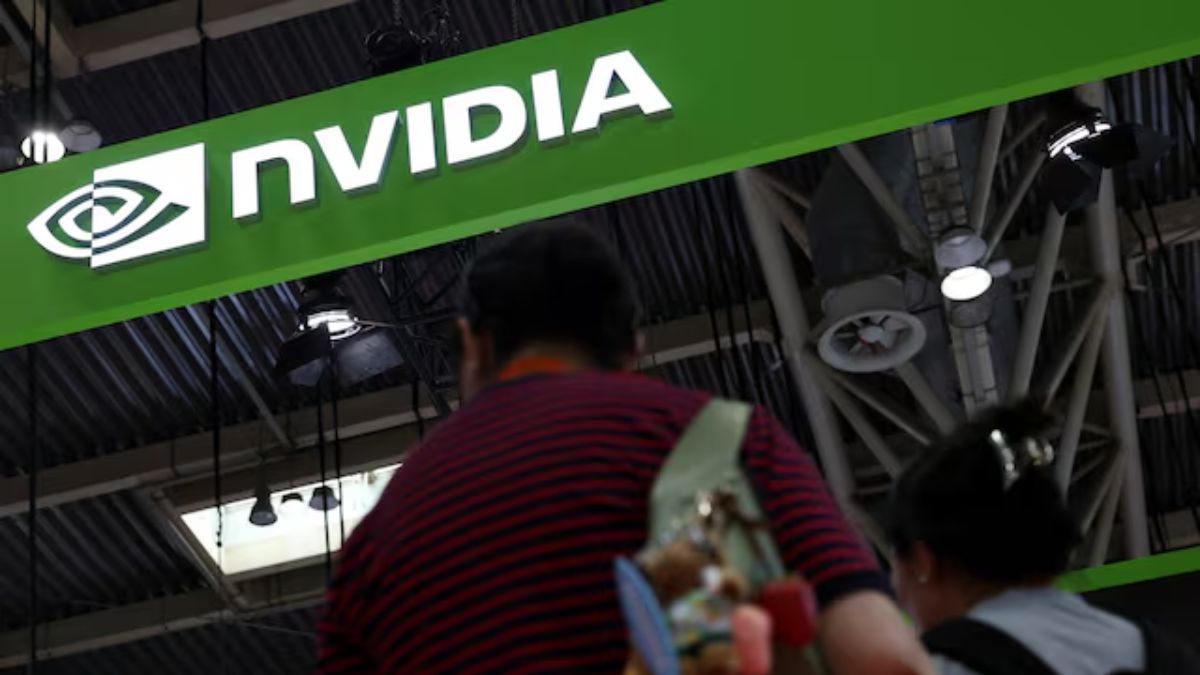The US government has reduced Intel’s CHIPS Act grant from $8.5 billion to under $8 billion due to delays in production and ongoing financial troubles. This decision comes as Intel faces increasing pressure to deliver on its promises of bolstering domestic semiconductor manufacturing.
Initially positioned as the biggest beneficiary of the CHIPS Act, Intel had planned a $100 billion investment to expand its manufacturing footprint across the US, with support from federal loans and grants. However, mounting delays and underwhelming performance have raised doubts about its ability to fulfill these commitments.
Intel’s ambitious projects, such as its Ohio manufacturing facility, have seen completion dates pushed back from 2025 to as late as 2030. Meanwhile, competitors like Taiwan Semiconductor Manufacturing Company (TSMC) have secured substantial grants while adhering to aggressive timelines, placing further strain on Intel’s position in the market.
This comes at a time when demand for advanced semiconductors, particularly for AI applications, is surging globally. While TSMC is thriving with its efficient production strategies, Intel is grappling with technological lags and operational setbacks.
The company’s financial troubles have also compounded its challenges. Intel recently reported an 85% year-on-year profit drop, announced plans to cut 15,000 jobs, and suspended dividend payments, signaling deeper issues within its operations.
These financial strains likely influenced the government’s decision to scale back funding, as officials weigh corporate accountability against national semiconductor ambitions.
Intel’s struggles have become a significant hurdle for the Biden administration’s efforts to reduce reliance on Asian supply chains. Despite these setbacks, the CHIPS Act has successfully attracted investment from all five of the world’s leading chipmakers, demonstrating progress in revitalizing US semiconductor production.
However, Intel’s recovery is vital for sustaining this momentum. Its technological advancements and manufacturing capabilities are critical for ensuring the US remains competitive in the rapidly evolving chip market, especially as AI reshapes demand for cutting-edge processors.











